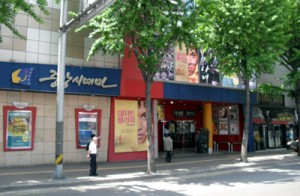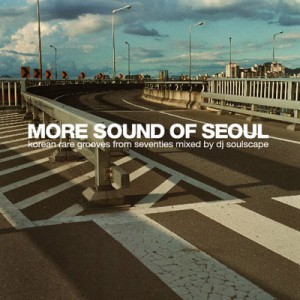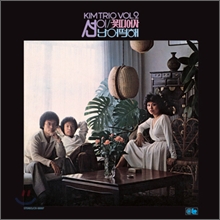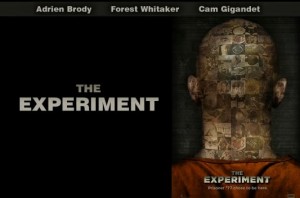One of Korea’s more famous, older cinemas, the Joongang, apparently closed on Monday (thanks to Darcy for pointing that out). Not a big surprise, I guess — its facilities were not the best, and the land under it, at the eastern edge of Myeongdong in downtown Seoul, is way too valuable. But there are not many theaters left in Seoul with any history anymore, so the end of the Joongang is something of a sad thing.

The Joongang was built in 1966 by the Byucksan Group. For most of its history, it was a second-string theater, showing movies after they had already played at the nicer cinemas in town. But in 1998 it was renovated, and turned into a multiplex, giving a new lease on life.
Like a lot of older, less popular cinemas in Seoul, the Joongang became a popular place for press screenings, so I used to go there a lot. I can remember seeing THE TWO TOWERS there, as well as OSEAM, GANGS OF NEW YORK, and many other films before the rest of the world got to see them. I think the last preview I saw there was a special screening of Hong Sangsoo’s NIGHT AND DAY (which was followed by typically Hong levels of drinking afterward).
(Note: To read about the closing of the last single-screen, old-style theater in Seoul, the Dream Cinema, you can click here).
I talked a bit about the Joongang in POP GOES KOREA. It is a story I told to illustrate the dysfunctional way movie distribution used to work in Korea, about the famous Korean producer Shin Chul, and the fight he had with the Joongang back in 1994 over his movie THE 101ST PROPOSITION and JURASSIC PARK. In honor of the theater’s memory, I will reprint that story here:
Back in 1994, one of downtown Seoul’s most important theaters, the Joongang Cinema, signed a deal with ShinCine Communications to distribute their film The 101st Proposition. The deal called for the Joongang to play the film a minimum number of weeks, with the exception that, should attendance drop below 1,500 people per day, the cinema could put in something else.
That same year, the film everybody wanted to see was Steven Spielberg’s Jurassic Park. The Joongang owner, like all other theater owners in Korea, was eager to get such an obvious blockbuster onto its screen. The 101st Proposition, however, was still under contract, and its attendance was not dropping below the lower limit of 1,500 people. At the time, even the biggest movies rolled out on few screens, usually just fifteen to twenty in the entire nation. In Seoul, a movie would show in only one or two theaters, so it took a long time for everyone who wanted to see a film to get in. With this much business at stake, getting the blockbuster of the year was a financial bonanza.
So the management at the Joongang took action. First they pulled their ads and promotions for The 101st Proposition, and attendance dropped a little. Next, the theater hired some thick-necked goons to stand out front to intimidate customers and prevent them from buying tickets. It did not take long for the film’s production company ShinCine to find out about this, but what could they do?
Luckily, ShinCine had good ties with many young progressives willing to stand up for Korean movies. Even in the 1990s, progressives in Korea were used to taking their lumps from the people in charge (be they government or private industry). Plenty of producer Shin Chul’s friends had recently gotten work as schoolteachers around the city, so a friend called up the teachers and invited them to bring their students to see the movie.
To further vex the Joongang, one person went to the bank and changed his regular won to thousands and thousands of one-won coins—each worth about one-tenth of a cent, still legal tender, although not in general circulation. With movie tickets costing about 4,000 won each, that added up to a lot of coins.
The students came to see the movie, carrying great bags of one-won coins, much to the consternation of the thick-necked gentlemen and their employer. By this point, the whole mess had turned into an event. The goons tried intimidating the schoolkids, which led to plenty of shrieking and mayhem. Other progressive friends of ShinCine came down to support the drive, such as the well-known and always politically inclined actor Moon Sung-keun (who also starred in the film). Moon stood on a chair, shouting out the importance of Korean culture and Korean movies, the need for the screen quota, and similar credos. The Joongang management called the protestors communists. It was chaos.
In the end, the Joongang got its Jurassic Park. Worried that the situation was escalating and that someone could get hurt, ShinCine’s owner/producer Shin Chul asked producer Lee Tae-won (then the top producer in Korea) to intervene. Lee negotiated with the Joongang Cinema, and they decided that the dinosaurs would get to play. In exchange, Shin was promised a prime slot for one of his movies the following summer.






